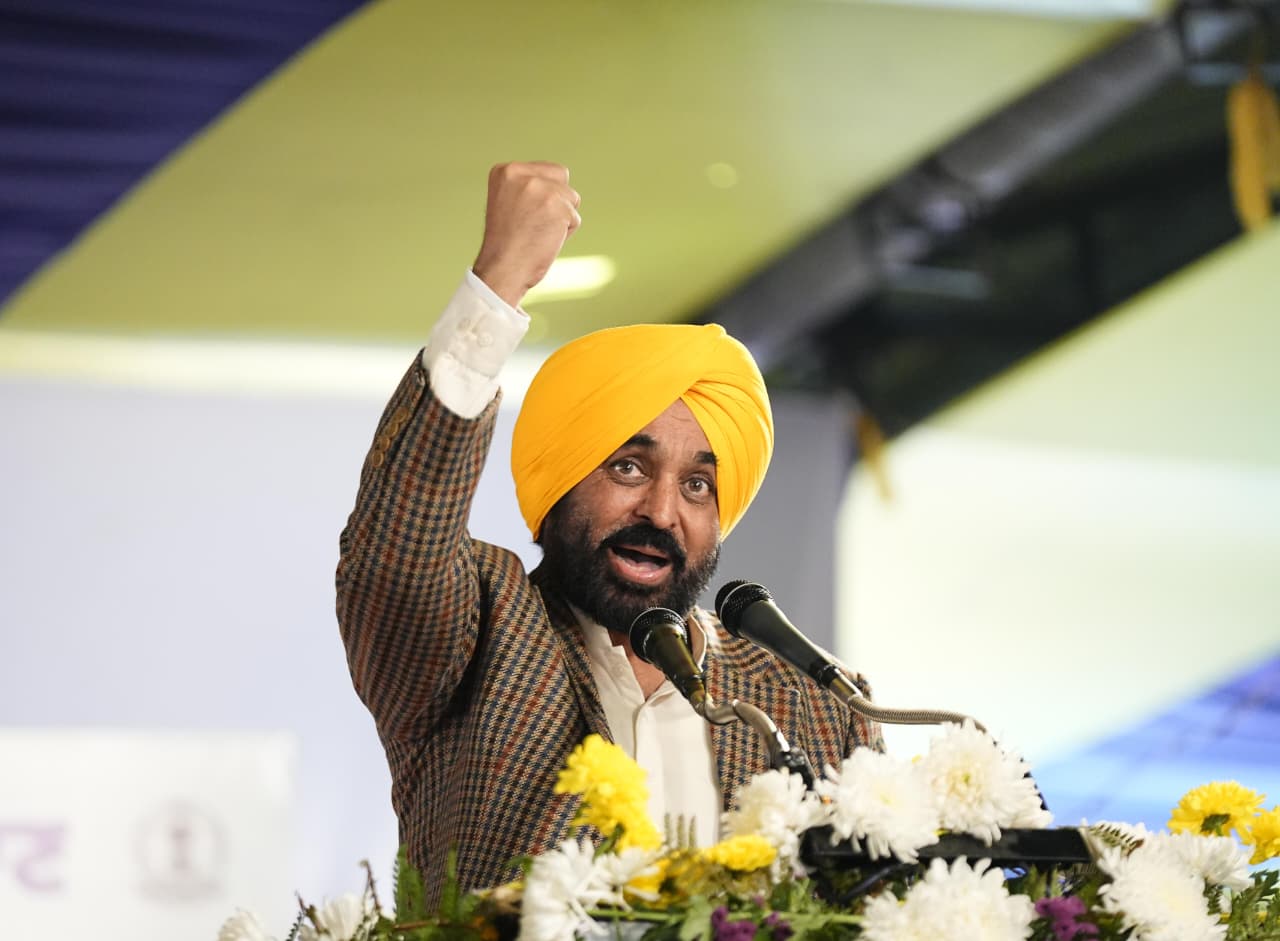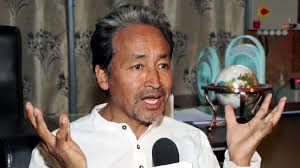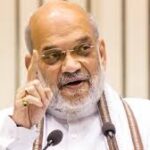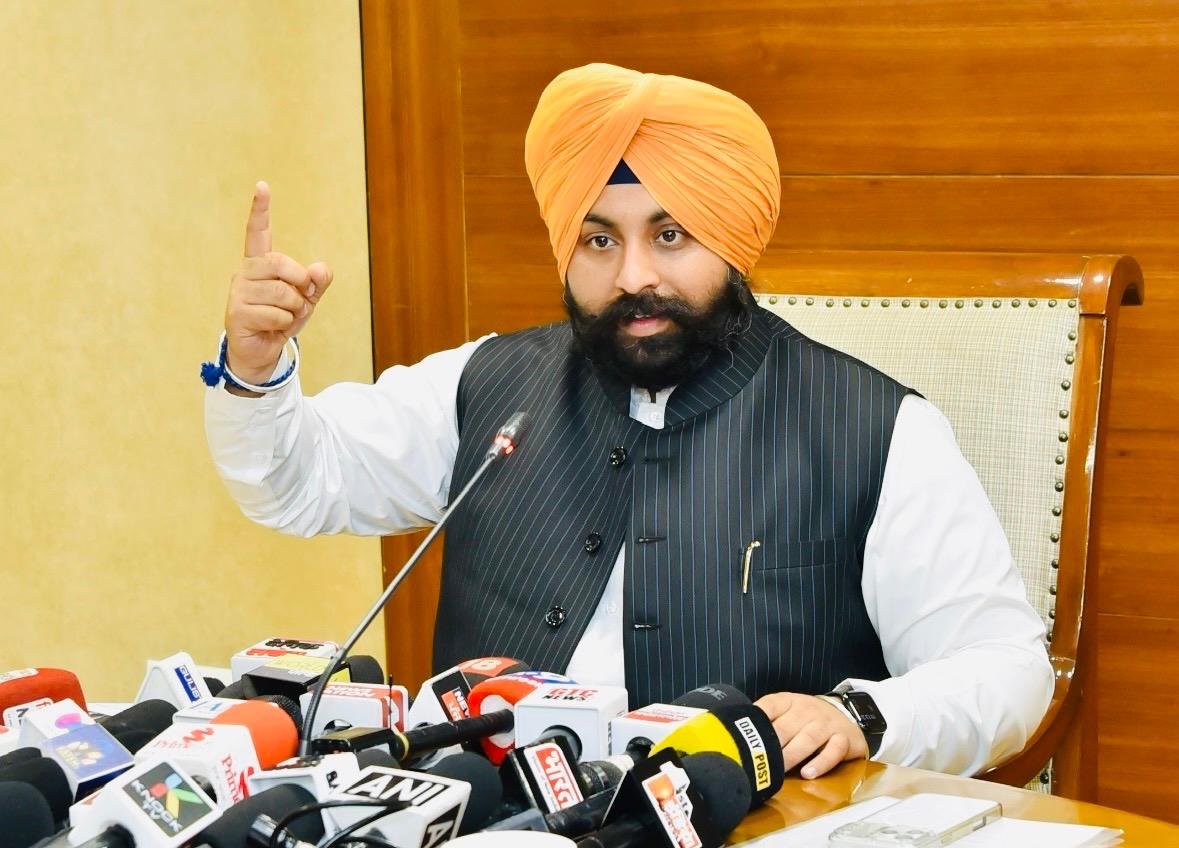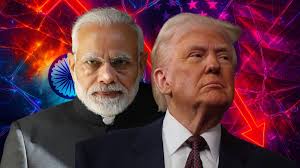Listen To This Post
New Delhi: Ladakh activist and education reformer Sonam Wangchuk’s wife, Gitanjali Angmo, has approached the Supreme Court seeking his immediate release, days after he was detained under the National Security Act (NSA) in the wake of violent clashes in Ladakh.
Wangchuk, known internationally for his work on alternative education and environmental innovation, was detained on September 26—two days after protests in Leh and Kargil demanding statehood and Sixth Schedule status for Ladakh turned violent. The clashes left four people dead and nearly 90 injured, prompting authorities to book him under the stringent preventive detention law. He is currently lodged in Jodhpur jail, Rajasthan.
Wife Challenges NSA Detention
In her petition, Angmo has not only challenged the legality of Wangchuk’s detention but also questioned the Ladakh administration’s decision to invoke the NSA. She argued that the move was disproportionate and violated due process.
Angmo alleged that she has not been provided with a copy of the detention order, in violation of rules, and has so far been denied contact with her husband. These lapses, she contended, make the detention unconstitutional and arbitrary.
Administration Denies Targeting Wangchuk
The Ladakh administration, however, has dismissed criticism of its actions, rejecting allegations of a “witch-hunt” or an attempt to silence Wangchuk under a “smokescreen” operation. Officials maintain that the detention was necessitated by security concerns in the aftermath of the violence.
Background of Protests
The protests, spearheaded by various local groups, have intensified demands for Ladakh to be granted statehood and inclusion under the Sixth Schedule of the Constitution, which provides special autonomy and safeguards for tribal communities.
Wangchuk, who has long campaigned for sustainable development and the protection of Ladakh’s fragile ecosystem, has emerged as one of the most prominent voices in the movement. His detention has sparked widespread debate on the balance between maintaining law and order and safeguarding the democratic right to dissent.







